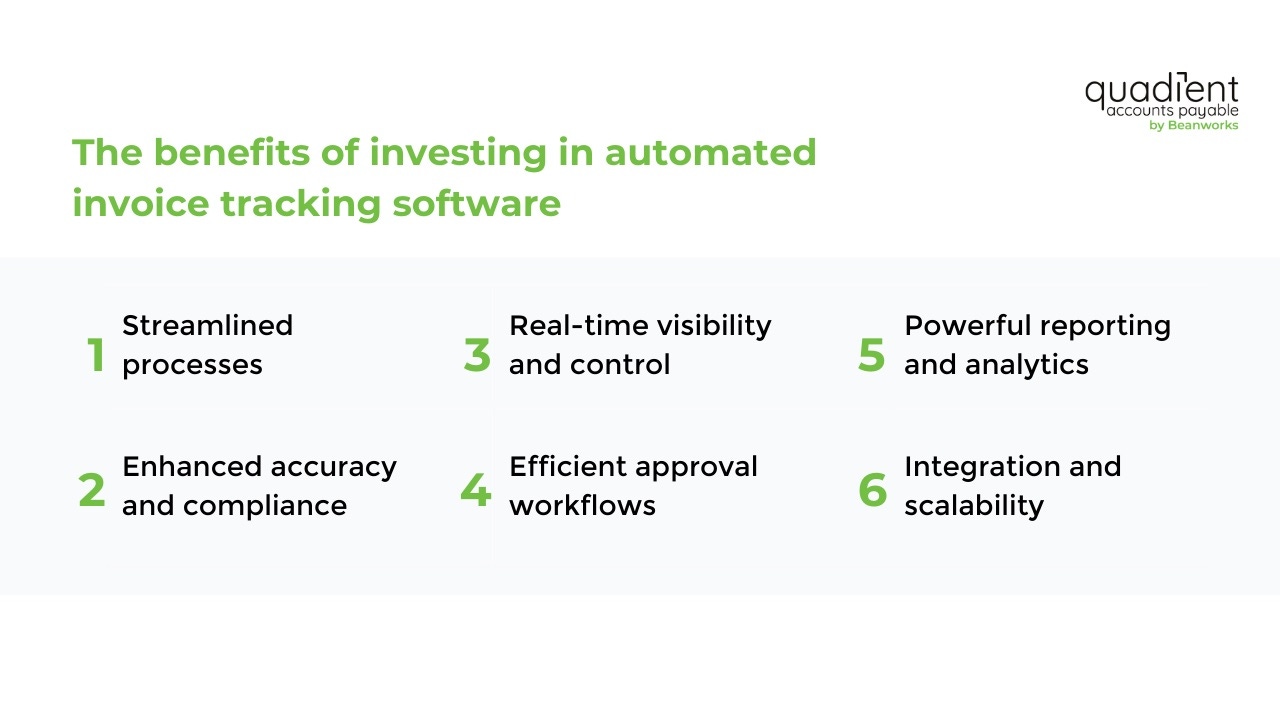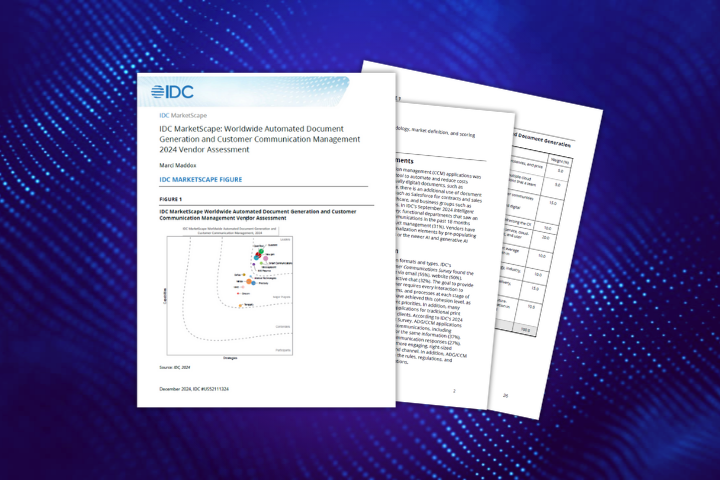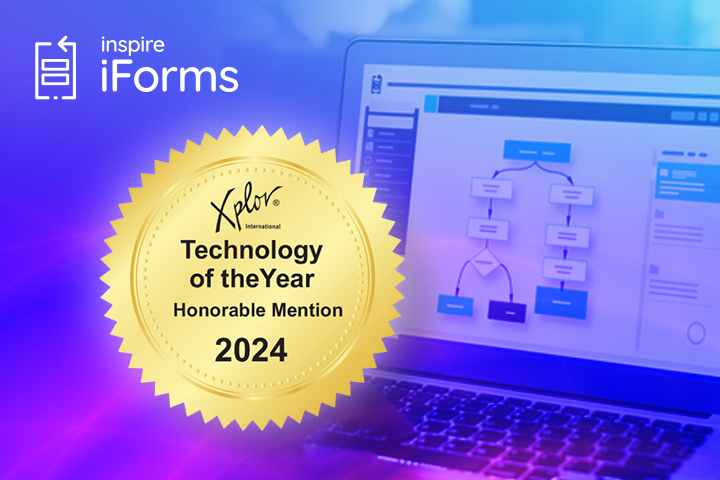Introduction
Accurately tracking invoices and payments is crucial to the success of your business. Efficient invoice tracking helps organizations maintain control over their payables. It helps them avoid late payments, benefit from early payment discounts, and ensure accurate financial reporting.
In this article, we delve into the world of invoice tracking and its significance in the realm of accounts payable. We’ll begin by defining the term, then we’ll explore the steps involved in the invoice tracking process, and finally, we’ll explore the benefits of investing in automated invoice tracking software.
What is invoice tracking in accounts payable?
Invoice tracking in accounts payable refers to the systematic monitoring of the progress of invoices from receipt to payment. It involves keeping track of all incoming invoices, verifying their accuracy and legitimacy, and ensuring that they are processed in a timely manner. Effective invoice tracking enables businesses to avoid late payments, optimize cash flow, and enhance supplier relationships.
You can track your invoices manually using an invoice tracker, but this process is time-intensive and prone to error. As businesses strive for greater accuracy, speed, and scalability in financial management, investing in invoice tracking software that automates crucial processes is highly recommended.
Steps in the invoice tracking process
The invoice tracking process typically includes the following steps:
- Invoice receipt: Invoices are received from suppliers or vendors either in paper or electronic format. They may arrive through mail, email, or electronic data interchange (EDI).
- Invoice verification: Invoices are carefully reviewed to ensure information, such as invoice number, description of goods or services, quantities, prices, and applicable taxes or discounts, is accurate. Any discrepancies or errors are identified and flagged for resolution.
- Matching with purchase orders and receipts: The invoices are matched with the corresponding purchase orders and receipts, if applicable. This step ensures the invoiced goods or services were indeed received or provided as expected.
- Approval process: Invoices typically go through an approval workflow to ensure they are authorized for payment. This generally involves obtaining approval from specific individuals or departments based on predefined rules or hierarchy.
- Recording and coding: Once approved, invoices are recorded in the accounting system and assigned appropriate account codes for tracking and categorization purposes. This step ensures the accurate allocation of expenses to the correct general ledger accounts.
- Payment processing: After the invoices have been recorded, they are scheduled for payment in alignment with the payment terms. This involves generating checks, initiating electronic payments, or setting up automatic transfers.
- Payment reconciliation: The final step is for the accounts payable team to reconcile payments with the corresponding invoices to ensure that the correct amounts were paid and that there are no outstanding balances or discrepancies.
The benefits of investing in automated invoice tracking software

- Streamlined processes: Automated invoice tracking software eliminates the need for manual data entry and repetitive tasks. By leveraging advanced technologies such as Optical Character Recognition (OCR) and intelligent data capture, these solutions extract invoice information swiftly and accurately. This streamlines the entire process from invoice creation to payment receipt, saving valuable time and reducing the risk of errors.
- Enhanced accuracy and compliance: Human error is an inherent risk in manual invoice tracking. Automation software minimizes the chances of data entry mistakes, ensuring accurate invoice information. Moreover, these solutions are often equipped with compliance checks, validating invoice details against predefined rules. By ensuring compliance, businesses can avoid penalties and maintain a high level of financial integrity.
- Real-time visibility and control: One of the key advantages of automated invoice tracking software is the ability to gain real-time visibility into the invoice lifecycle. Businesses can easily track the status of each invoice, identify bottlenecks, and proactively manage cash flow. This visibility empowers organizations to make informed decisions, optimize payment schedules, and strengthen supplier relationships.
- Efficient approval workflows: Traditional approval workflows can be time-consuming, leading to delays in processing invoices. With automated software, businesses can create custom approval workflows that align with their organizational structure. These workflows automate the routing and approval process, ensuring timely validation and reducing bottlenecks. The result is faster invoice processing and improved efficiency across the board.
- Powerful reporting and analytics: Automated invoice tracking software often includes robust reporting and analytics capabilities. These features provide valuable insights into key performance indicators, such as invoice processing times, payment trends, and supplier performance. By analyzing this data, businesses can identify areas for improvement, optimize processes, and enhance overall financial management strategies.
- Integration and scalability: Leading, cloud-based invoice-tracking software seamlessly integrates with existing accounting software, creating a unified financial ecosystem. This integration eliminates the need for manual data transfer, improving data accuracy and reducing the risk of duplication or discrepancies. Additionally, as businesses grow, automated solutions can easily scale to accommodate increased invoice volumes.
Conclusion
The benefits of automated invoice tracking software are undeniable. By implementing these solutions, businesses can streamline their processes, improve accuracy and compliance, gain real-time visibility and control, enhance approval workflows, leverage powerful reporting and analytics, and achieve seamless integration and scalability. As companies strive for greater efficiency in financial management, investing in the best invoice tracking software that automates these processes has become a necessity for success in today's competitive landscape.







